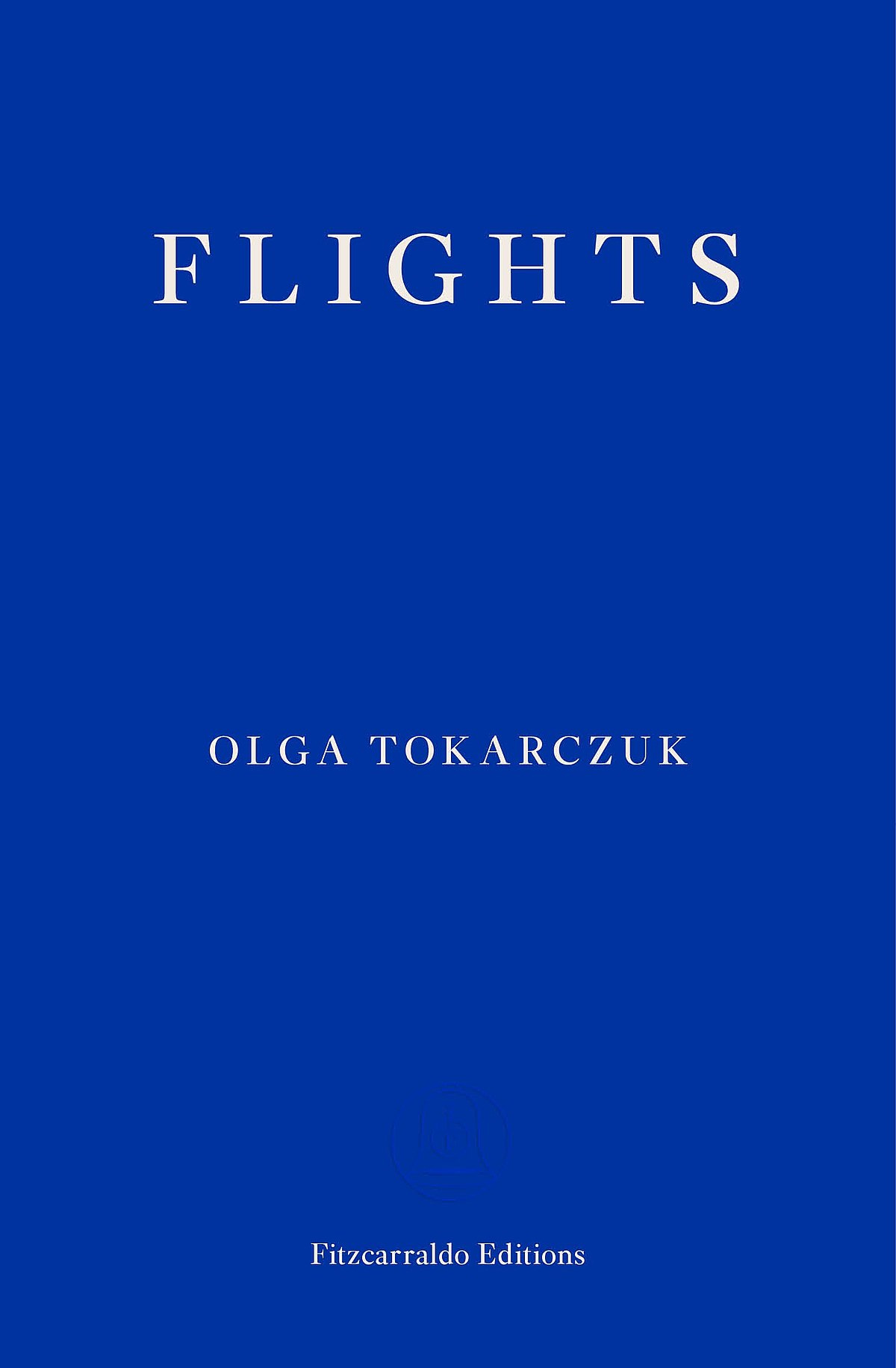Flights by Olga Tokarczuk
Flight is a collection of interlinked essays, stories, and meditations that explore the theme of movement, travel, life, death, the history of anatomy, and the human condition.
I finished reading Olga’s Tokarczuk’s book ‘Flights,’ a unique and ambitious work that defies easy categorization. The book is a collection of a wide range but, at the same time, interlinked essays, stories, and meditations that explore the theme of movement, travel, life, death, the history of anatomy, and the human condition.
The essays on travel and tourism are especially engaging, as Tokarczuk offers a critical perspective on the ways in which travel can both broaden our understanding of the world.
However, Flights is not an easy read; the structure of the book is unconventional, and the narrative often shifts abruptly between different perspectives and time periods. It is a book that demands readers’ full attention as they navigate through various stories, memories and thoughts, provoking them to question their assumptions and explore new possibilities.
A few notes from the book:
About space and time:
… “-we experiencing time and space in a manner that is primarily unconscious. These are not categories we could call objective or external. Our sense of space results from our ability to move. Our sense of time meanwhile, is due to being biological individuals undergoing distinct and changing states. Time is thus nothing other than the flow of changes.”
About Peloponnese:
“I do think that the Peloponnese has the most beautiful shape. It’s the shape of a great maternal hand, not a human one, that is dipping into the water to check if the temperature is right for a bath.”
It is perhaps the most beautiful description I've read about this region.
And something that, as I see it, is relevant to the current international politic0-military situation:
"Fluidity, mobility, illusiveness - these are precisely the qualities that make us civilized. Barbarians don't travel. They simply go to destinations or conduct raids."



